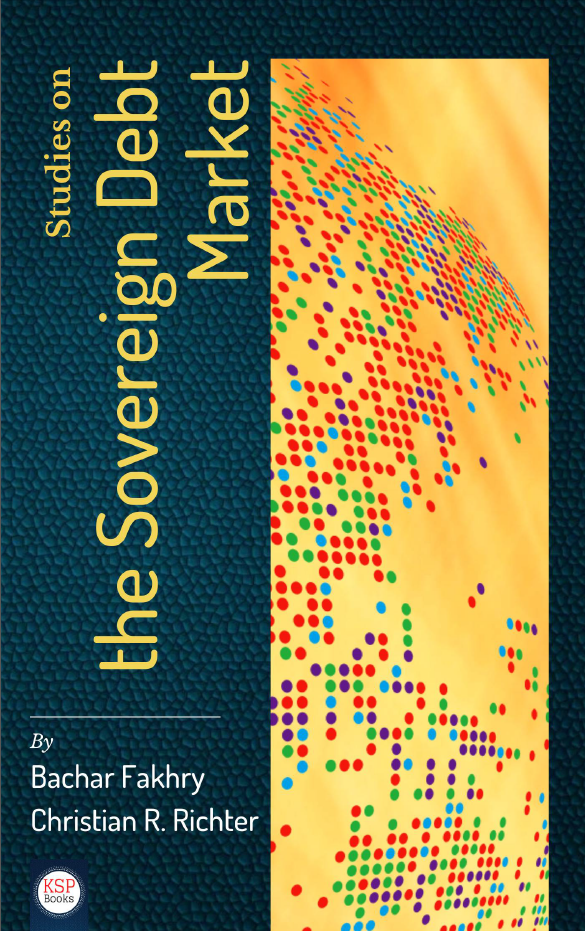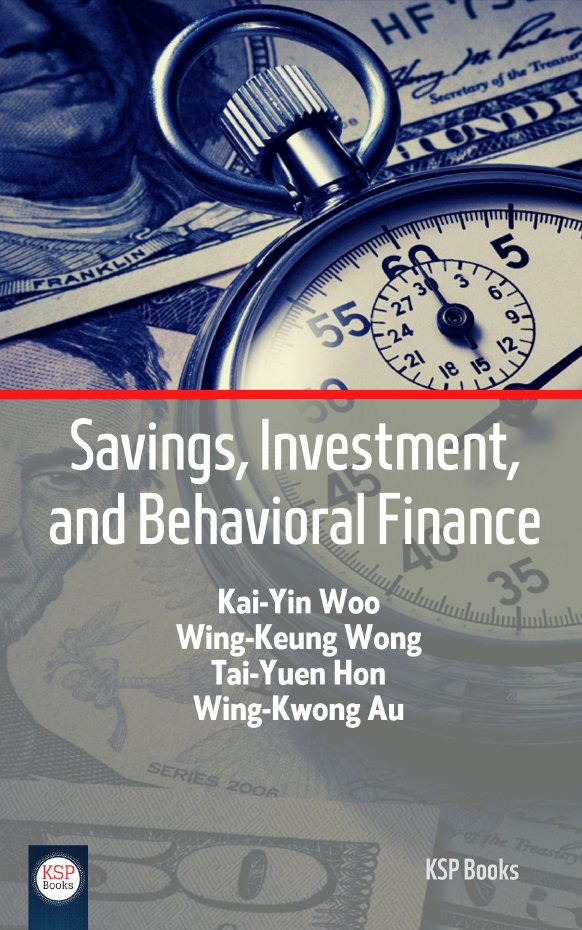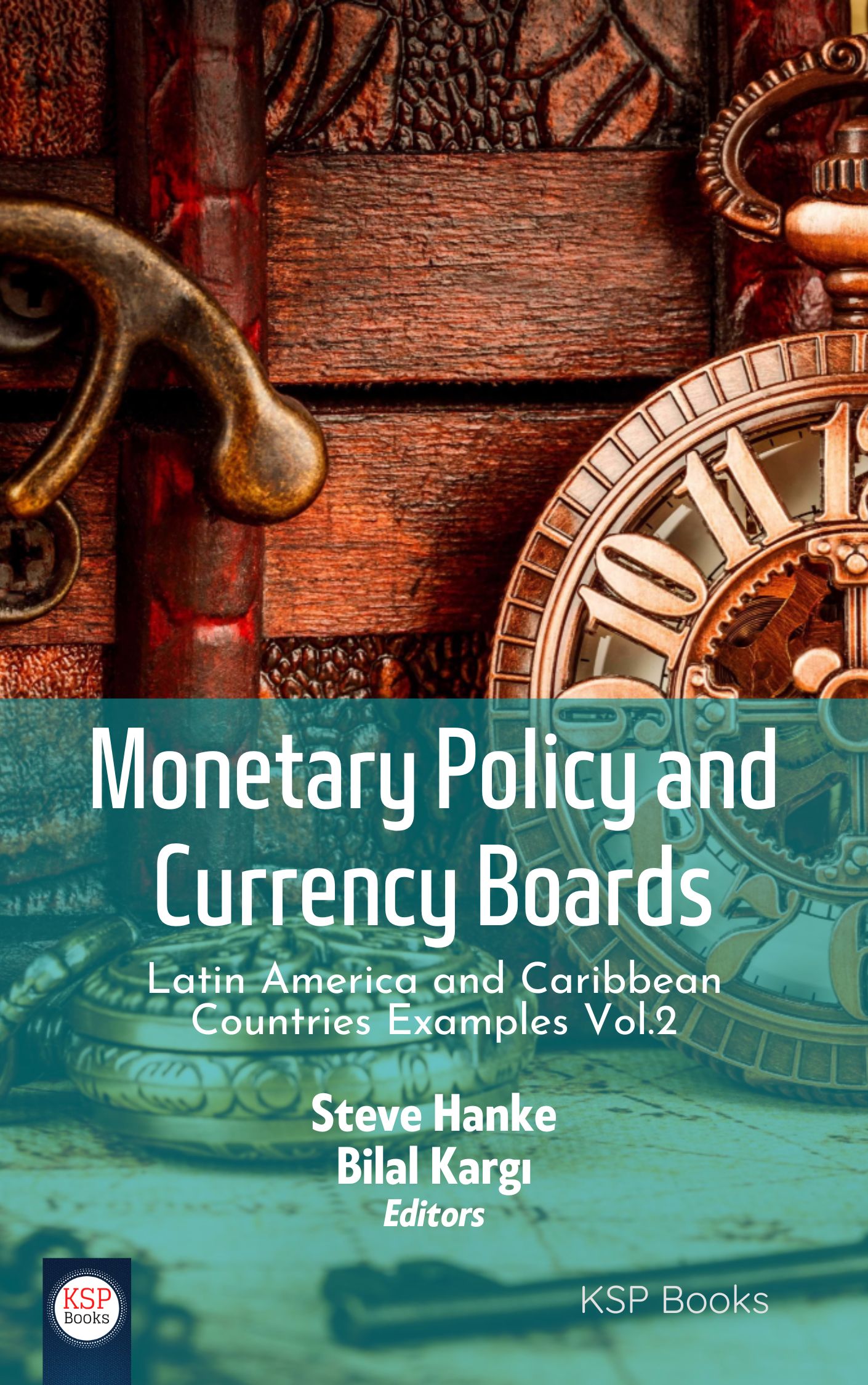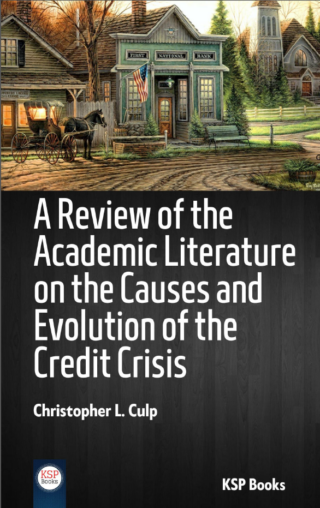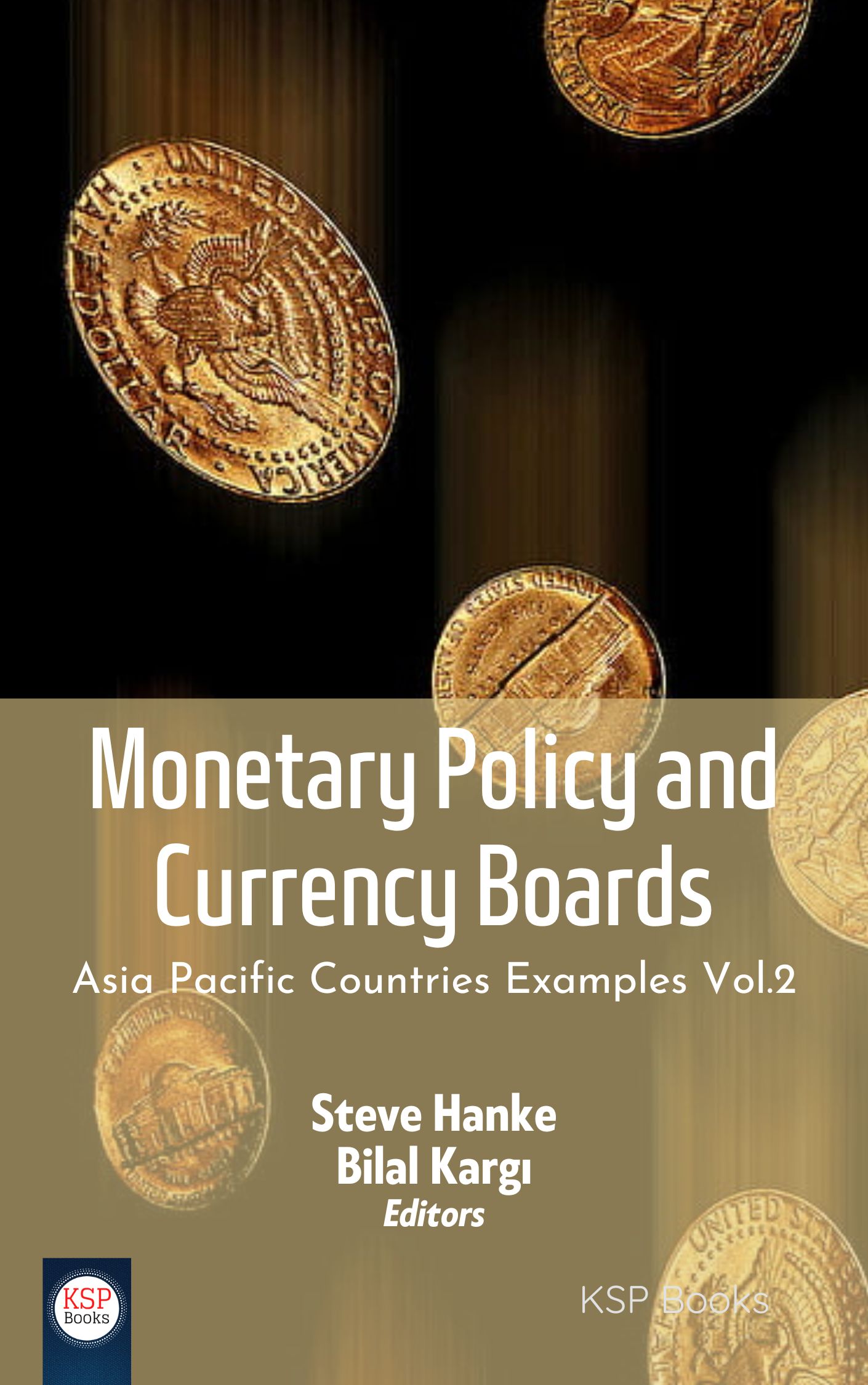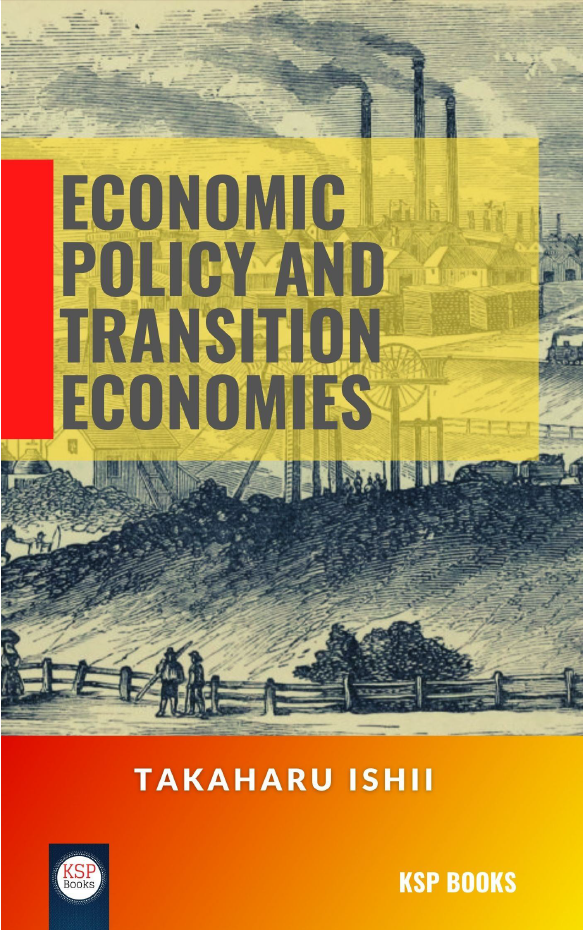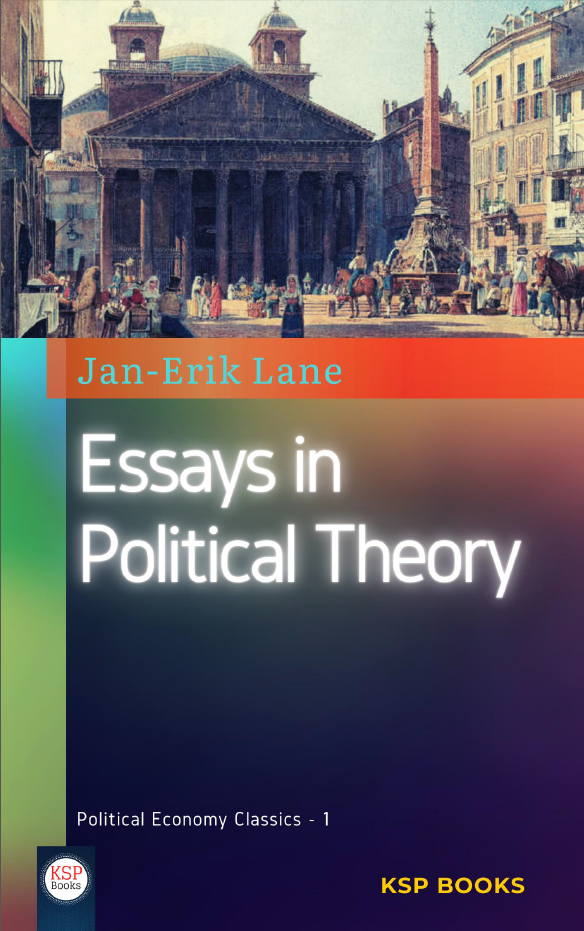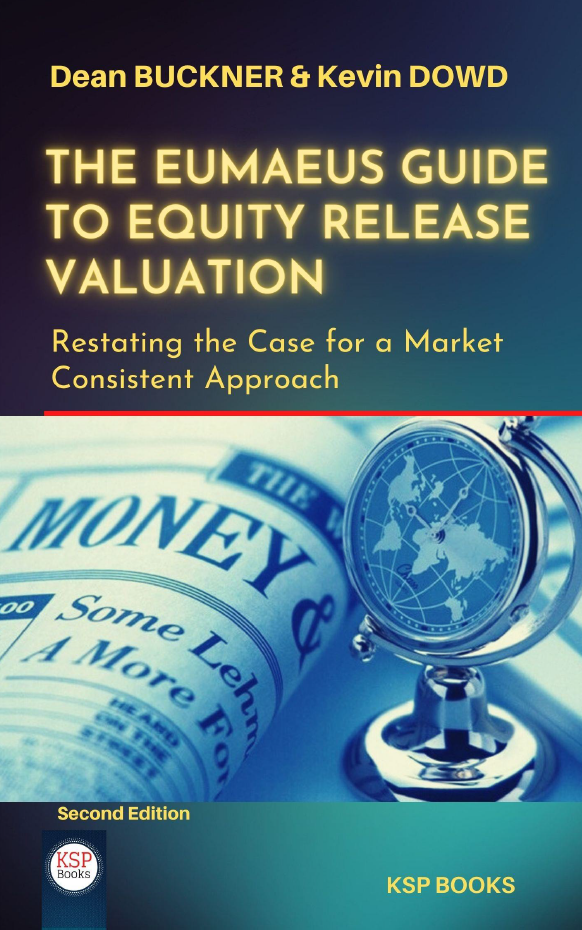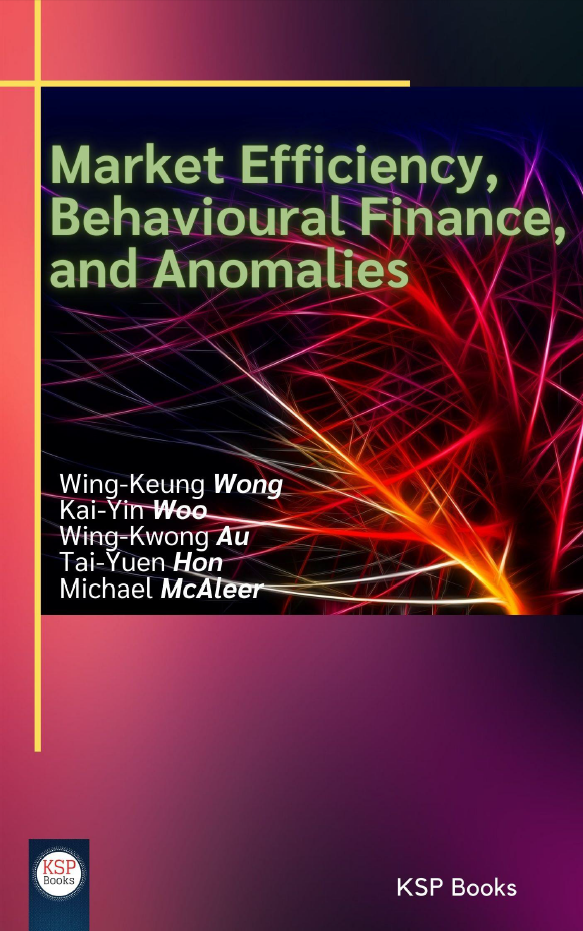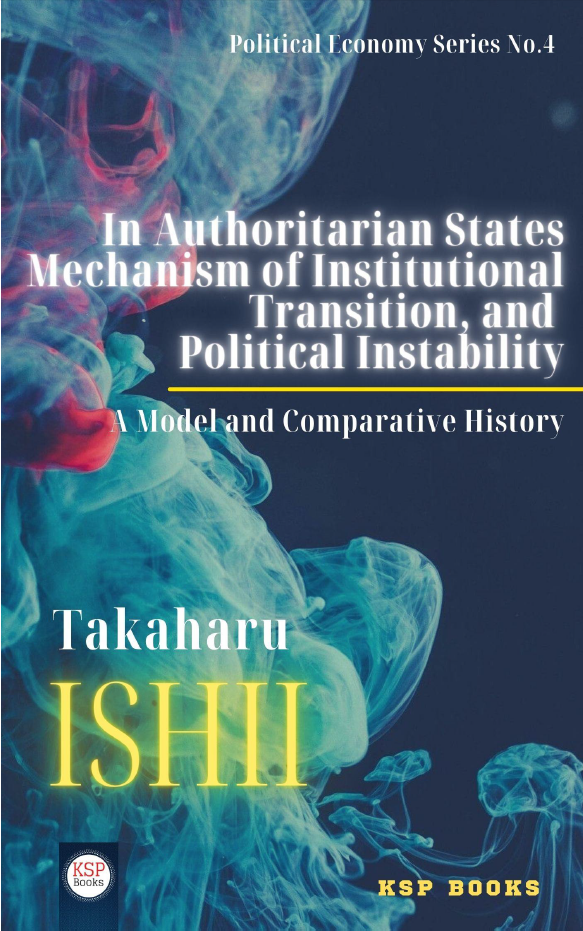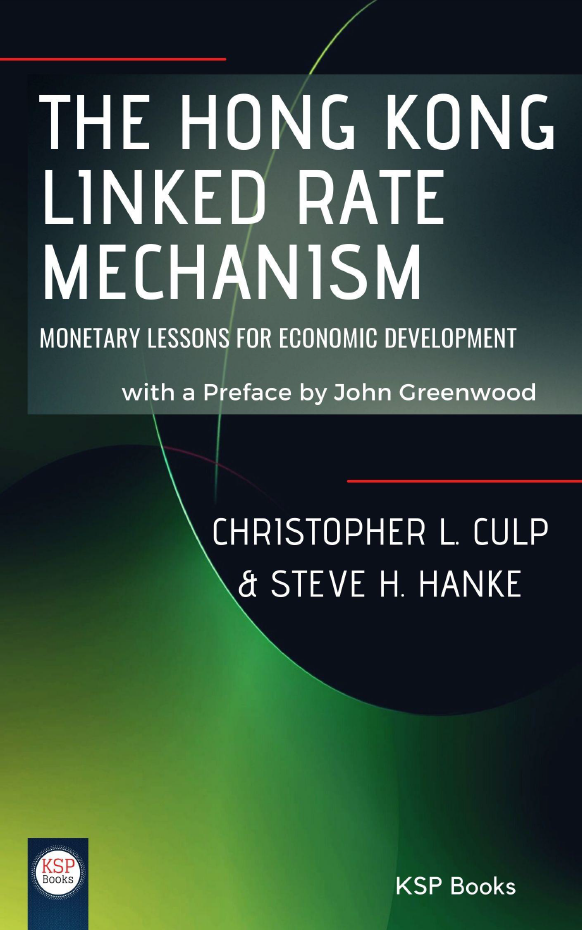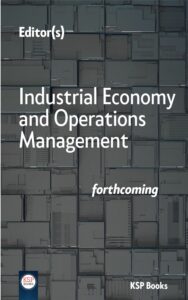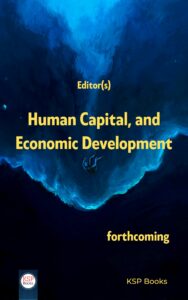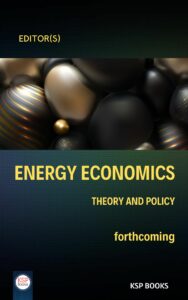By
Bachar Fakhry
University of Lahore, School of Accountancy & Finance, Lahore, Pakistan
Christian R. Richter
German University in Cairo, Faculty of Management Technology, Egypt
e-ISBN: 978-605-7736-92-5
Publishing Date: June 15, 2020
File Size: 3,051 MB
Length: xvi + 119 pages (PDF)
Language: English
Dimensions: 13,5 x 21,5 cm
 This Book is completely open access. You can freely read, download and share with everyone.
This Book is completely open access. You can freely read, download and share with everyone. 
The Sovereign Debt Market is an essential section of the global financial market. In essence it is the main route for governments to cover any fiscal deficit in their budget. As of end of 2018, the market was US$188 trillion according to the IMF report on 17 December 2019. The market was long regarded as a safe haven for investors, especially the US treasuries and German Bunds. However in recent years the market has suffered several crises leaving investors questioning their high quality ratings. In this book we look at the efficiency and stability of the sovereign debt markets at the heart of the crises: US, German, Greek, Italian Portuguese and Spanish sovereign debt markets. We ask ourselves are these markets moving according to the Efficient Market Hypothesis or Behavioural Finance Theory?
Is the sovereign debt market efficient? Evidence from the US and German sovereign debt markets
This chapter analyses the efficient market hypothesis. It proposes a new method of testing the efficient market hypothesis based on the idea of (Shiller, 1979). Using a GARCH model, we test whether the excess volatility in the German and US sovereign debt markets is an indication of in efficient markets during different periods. The results indicate that omitting structural breaks may lead to wrong results. We find that although both debts were efficient during some periods and inefficient during other periods of time. Taking all periods together the financial markets appear to be inefficient. Hence, the general outcome was that both financial markets are not efficient markets.
Testing the Efficiency of the Sovereign Debt Market using an Asymmetrical Volatility Test
We test the efficiency of the financial market using the daily prices of the US and German sovereign debts between July 1, 2002 and December 31, 2011. This allowed us to test the efficiency during the pre-crisis, financial and sovereign debt crises periods. We extend the variance bound test of Fakhry & Richter (2015) using a GJR-GARCH model. This hints at our contribution, i.e., the inclusion of the asymmetrical effect in the variance bound test. Our tests produced mixed results, pointing at the markets being too volatile to be efficient. Interestingly, the addition of the asymmetrical effect led to a reduction in the EMH test statistics based on the results from Fakhry & Richter (2015) and hence may have had an impact on the efficiency of the market. Conversely, this is more appropriate to speak of bounded rationality than irrationality. A key conclusion of the paper is it hints at the use of a switching GARCH model as an alternative to the GJR-GARCH. Therefore, a prospective future research could be the use of a switching GARCH model to analyse the different impact of high and low volatility regimes on market. Given our key conclusions, another prospective is the use of sovereign debt indices instead of the issued sovereign debts.
Testing the Efficiency of the GIPS Sovereign Debt Markets using an Asymmetrical Volatility Test
The efficient market hypothesis has been around since 1962, the theory is based on a simple rule, namely that the price of any asset must fully reflect all available information. Yet there is empirical evidence financial markets are too volatile to be efficient. The empirical evidence suggests that the reaction to events is the crucial factor, rather than the actual information. Generally, market participants react differently to negative and positive market shocks, hinting at asymmetrical effects. This paperanalyses the impact of asymmetrical effects on the efficiency of the financial market during the recent crises. We test the efficiency of the financial markets using the daily prices of the GIPS sovereign debts between June 2007 and December 2011. This allowed us to test the efficiency during the financial crisis and sovereign debt crisis periods. We used a GJR-GARCH based variance bound test based on the test derived by Fakhry & Richter (2015). Our tests provide evidence forfinancial markets being too volatile to be efficient. At the same time, the results are pointing towards bounded rationality rather than irrationality.
Does the Federal Constitutional Court Ruling Mean the German Financial Market is Efficient?
Following the landmark ruling by the German Federal Constitutional Court in Karlsruhe on 7th February 2014 in which they endorsed the efficient market hypothesis, we present evidence on the efficiency of the German financial market. Introducing a new variance bound test based on the Component-GARCH model of volatility to analyse the long- and short-runs effects on the efficiency of the German financial market, we test the price volatility of three markets: DAX stock index, German sovereign debt index as provided by Barclays and Bloomberg, Euro gold index by the World Gold Council and Euro currency index by the Bank of England. The results seem to be indicating a relatively strong acceptance of the efficient market hypothesis in both the short and long runs in all the observed financial markets.
Introduction
Chapter 1
Is the sovereign debt market efficient? Evidence from the US and German sovereign debt markets
Chapter 2
Testing the efficiency of the sovereign debt market using an asymmetrical volatility test
Chapter 3
Testing the efficiency of the GIPS sovereign debt markets using an asymmetrical volatility test
Chapter 4
Does the federal constitutional court ruling mean the German financial market is efficient?
Bachar Fakhry
University of Lahore, School of Accountancy & Finance, Lahore, Pakistan
Professor Bachar Fakhry was born with a disability effecting his speech and hand movement. Nevertheless, he is currentlyan Assistant Professor of Research at the University of Lahore, School of Accountancy & Finance. He received his PhD in Economics from the University of Bedfordshire in 2015. His research is mainly in the areas of financial economics and econometrics with a special focussed on bounded rationality; conversely, he has authored and co-authored several papers on bounded rationality in the financial market. He, also, has two master degrees in Distributed Information Systems (1996) and Financial Management (2005), both from the University of East London. Previously, he has worked for IBM as a software engineer and Goldman Sachs as a junior economist.
Christian R. Richter
German University in Cairo, Faculty of Management Technology, Egypt
Christian R. Richter is Professor of Economics and Head of Dept at the German University in Cairo. In his previous position, Christian was Principal Lecturer in Economics and Management at University of Bedfordshire and University of East London (Economics and Finance). Before that he was a Senior Lecturer in Economics at Kingston University Christian was also a Lecturer in Economics at Loughborough University and Cardiff University. In 2015, Christian won the Ernst Wagemann price for best paper in economics in 2013-2014 in Applied Economics Quarterly. In 2009, Christian won a merit award at Kingston University. Christian has studied economics at the Universities of Mainz, Glasgow and Strathclyde. He received his PhD in economics from University of Strathclyde. Christian is also Honorary Chair of the International Network for Economic Research (INFER) where he is active for many years. Christian has organised several Annual Conferences for INFER (and several workshops), which resulted in several special issues of journals and printed volumes. Christian’s main areas of research are Behavioural Economics and Finance, Convergence of Business Cycles, Eurozone Crisis, Financial Economics, Time Frequency Analysis and Climate Change. Christian won research grants from the Leverhulme Trust as well as from the Austrian Central Bank. Christian is an editorial board member of International Economics and Economic Policy, International Journal of Public Policy, Romanian Journal of Fiscal Policy and Economic Affairs.
Related EconPedia Items


